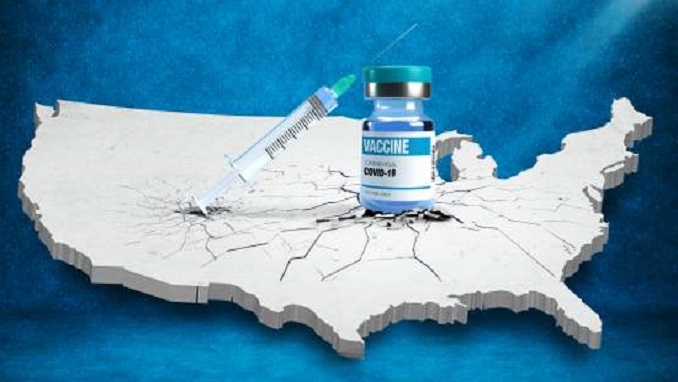The US Food and Drug Administration (FDA) is “close to authorizing updated doses that would target the versions of the virus now circulating,” Dr. Peter Marks, director of the FDA’s Center for Biologics Evaluation and Research (CBER) said in an interview with the New York Times.
Although he did not discuss the timing of the authorizations, the Biden administration “plans to offer the next generation of coronavirus booster shots to Americans 12 and older soon after Labor Day,” according to reports.
As per NBC News, the FDA will not convene its advisory panel ahead of the authorization. The Centers for Disease Control and Prevention (CDC), which must also sign off, plans to convene its “Advisory Committee on Immunization Practices on Sept. 1 and 2 to discuss COVID boosters.”
Bio.News reported back in July that the FDA is calling for boosters that specifically address the Omicron variants to be administered this fall.
Federal officials announced the fall booster campaign in hopes that it will protect Americans against the expected winter surge and reduce COVID-19 deaths. The announcement came just one day after Pfizer and BioNTech announced they “requested Emergency Use Authorization (EUA) from the US Food and Drug Administration (FDA) for their new Omicron-adapted booster vaccine,” as cited by Bio.News.
Pfizer said in its press release that Pfizer and BioNTech “are positioned to immediately begin distribution of the bivalent Omicron BA.4/BA.5 boosters, if authorized, to help protect individuals and families as we prepare for potential fall and winter surges.”
Based on the data from the FDA, Dr. Marks is confident that the updated vaccine boosters are safe and will be effective, “even though those formulations have not been tested in humans.”
A booster vaccine campaign full of challenges
According to data from the Centers for Disease Control and Prevention (CDC), only about two-thirds of Americans have received the primary series of two shots, and far fewer have received booster doses. Given this fact, the Biden administration faces an additional challenge in convincing citizens they need successive vaccinations.
The risks of vaccine fatigue among Americans are also mirrored in the fact that fewer than half of those eligible for a booster have gotten the third shot, let alone the second booster, which is currently recommended for people age 50 and older and for younger people with serious health issues.
One of the wrinkles, as STAT News pointed out earlier, is that “the updated shots are expected to be authorized only as boosters, whereas the primary series of shots will still use the original formulation.”
Additionally, the new Pfizer booster will be offered to everyone 12 and older, while the new Moderna shot will be limited to adults.




